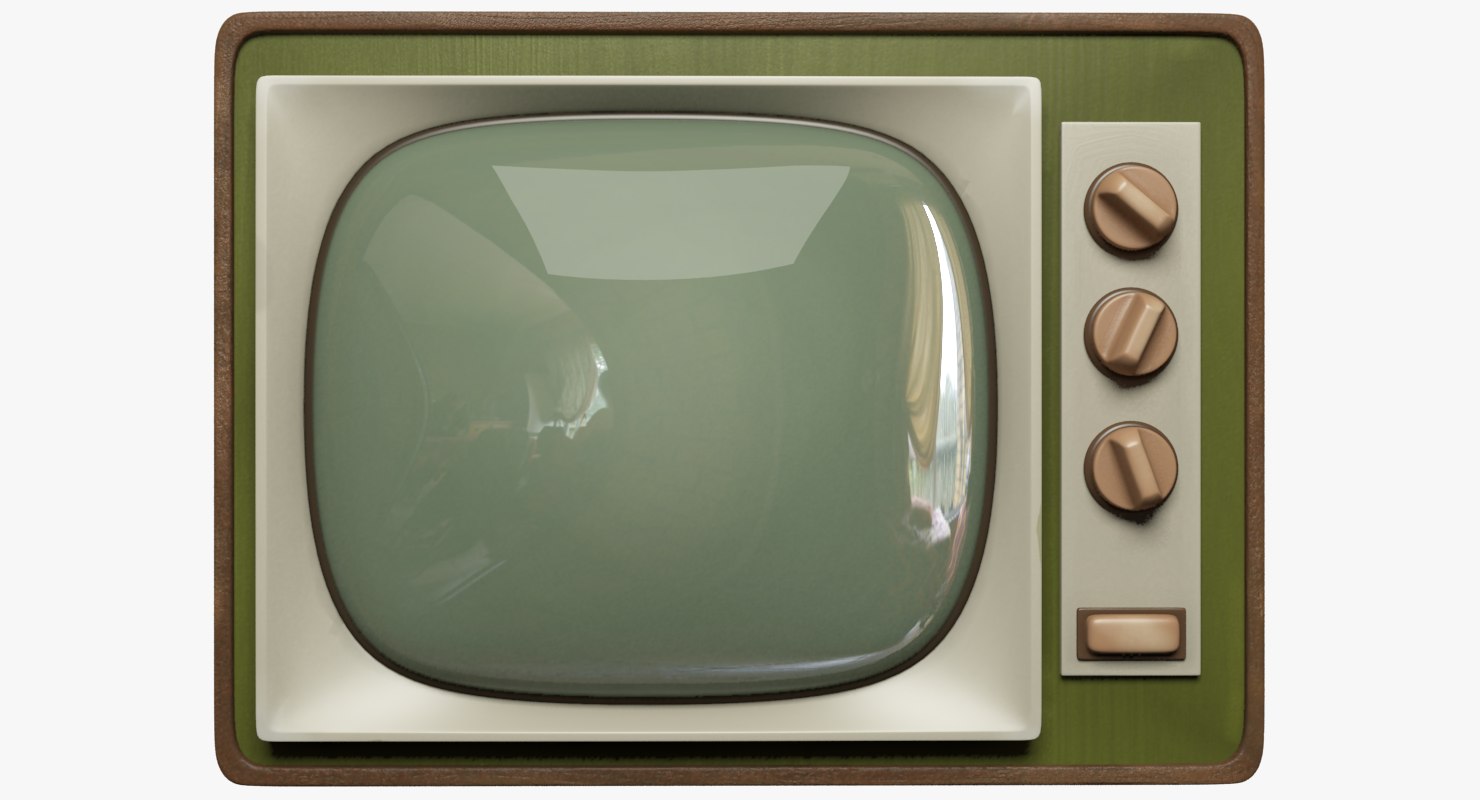

Terrestrial television was the first broadcasting technology, its first lone ranged public broadcast transmission from Washington D.C on 1927. However, the The British Chambers of Commerce (BBC) was the first to have a regular television broadcasting schedule in 1930, with the use of BBC1, but these programmes were very poor quality due to its out-dated mechanical scan technology which didn't entice the public. TV became widespread after WW2 with the use of new electronic scan technology inventions. Due to the success of radio networks, television broadcasting followed their model, which the use local TV stations in towns and cities with a range of government controlled(EU) and commercial(USA) content in channels. However all of these channels were displayed in black and white but was gradually revolutionised colour in 1950-1960. This brief history of television shows how far TV has changed and improved since 1927.
On the other hand, digital television is far more advanced and better quality than Terrestrial, therefore digital television has faded out most terrestrial television across the world, apart from some developing countries. Digital television was a innovation in 2006, which represents one of the most signification evolution of TV technology after colour TV. Digital TV allows a number channels in the same bandwidth that a Terrestrial TV needed to allow one channel. This change enabled a dramatic increase of more channels in comparison to basic terrestrial TV which only had a limited amount of channels.


Digital television changed the TV industry forever, making more information available for more audiences across the world. This proliferation of technology boosted the amount of TV shows alongside long running shows from before such as: Eastenders(1985), Coronation Street(1960) and Doctor who(1963). Additionally, it allowed countries to influence other countries through television, therefore propaganda could be easily spread with the use of the increase of global television channels. Without digital television, people would be secluded from from other countries and even their own, this is because digital television enables news channels to expand to the entire country easily, unlike local terrestrial channels. Due to the major success of digital television, reality TV shows such as: X-Factor(2004), Britain's Got Talent(2007) and I'm A Celebrity(2002) have sky rocked in views over the years because they broadcast the shows across the globe thanks the digital television.
However, in recent years, digital television channels has recently decreased in popularity due to the increase of web-based television providers such as Netflix and Amazon who allow audiences to stream a range of TV shows and films which they produce themselves, or from other channels with a monthly subscription. Therefore, the future of digital television is uncertain, due to competitors who challenge its throne. But that doesn't mean that TV hasn't got a place in the industry, it has a future but streaming is a growing industry.
In my opinion, I do not watch television very often, however it has come a long way and it has improved massively since it first started in 1927 from a single simple transmission. Additionally, i think that digital television was very important, and it did spread culture and information from one country to another to make them not secluded. But due to more advanced technology like the internet which allows organisations to stream shows for audiences, digital television has become increasingly irrelevant.
Good understanding of the industry and comparison of the change within the TV industry.
ReplyDeleteThis comment has been removed by the author.
ReplyDelete